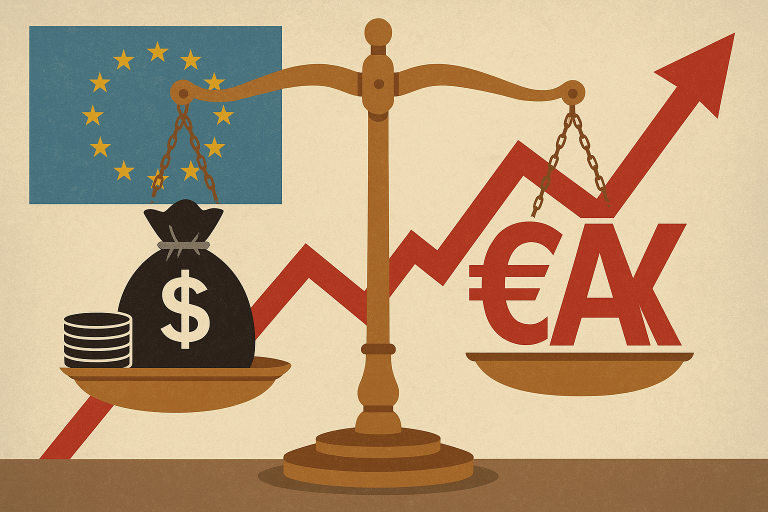European governments facing stretched budgets are under pressure to find ways to raise revenues while addressing inequality.
Discussions around wealth taxes have returned to the table, but history shows that direct levies on wealth often generate only modest income and face significant challenges.
Economists and policymakers are instead pointing to other tax tools, such as capital gains, inheritance levies, and exit fees, to target high-net-worth individuals more effectively.
Wealth taxes deliver modest revenue
Wealth taxes are currently in place in Switzerland, Spain, and Norway, with France and Britain debating whether they should follow suit.
Yet data show that these measures typically produce only a fraction of gross domestic product.
One reason is that wealthy taxpayers can easily shield their assets. They often move them into businesses, trusts, or exempt categories like antiques, while others transfer funds abroad to tax havens.
Research highlights that the number of countries with a wealth tax has fallen steadily over the past 35 years.
Tax experts point out that these levies not only produce limited revenue but also fail to capture many of the richest individuals.
At the very top, the 0.0001% of earners in countries such as France and the Netherlands can pay little or no tax at all by parking assets in holding companies.
Capital income offers alternatives
A growing body of evidence suggests that focusing on capital income could achieve both higher revenues and greater fairness.
Capital gains and dividends, which represent profits from selling assets or returns on investments, are often taxed at lower rates than wages.
In countries including France, Germany, Italy, South Korea, and Japan, capital income is subject to flat and comparatively low rates.
The Organisation for Economic Co-operation and Development has pointed to favourable capital gains treatment as a major reason why wealthy individuals face lower effective tax rates.
By contrast, labour income is often taxed more heavily, creating an imbalance in the system.
International bodies like the IMF and OECD argue that improving the taxation of capital income is both fairer and more efficient than taxing wealth stocks directly.
France debates new tax proposal
In France, the debate over taxation of the super-rich has intensified.
Paris School of Economics professor Gabriel Zucman, a leading voice in wealth inequality research, has proposed a 2% levy on the wealthiest 0.01% of the population as part of the 2026 budget discussions.
His research underscores the reality that many billionaires contribute less in taxes than average citizens, due to exemptions and asset-shifting strategies.
Supporters argue that such measures would restore fairness in the tax system, while opponents caution that the wealthy can still find ways to avoid direct wealth levies.
Economists suggest that without reforming capital income taxes, even targeted wealth taxes are unlikely to deliver significant results.
Closing loopholes and exit routes
Policy recommendations also focus on closing loopholes. This includes taxing capital gains when assets are inherited or when wealthy individuals move abroad.
Exit fees, aimed at preventing capital flight to tax havens, are one approach under review.
Another proposal is removing exemptions on capital gains from real estate and other investments that currently escape taxation.
International institutions note that while wealth taxes may play a role, the broader challenge is to align tax systems to capture income more effectively.
This means treating capital gains more like labour income and ensuring that high-net-worth individuals contribute in proportion to their returns.
The post European governments weigh wealth taxes as inequality widens appeared first on Invezz

